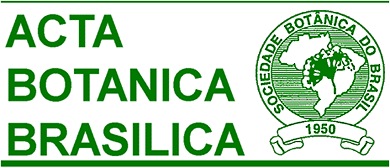Seven species of homosporous and three of heterosporous pteridophytes belonging to eight families, were cytogenetically analysed using conventional staining techniques. This is the first count for Brazilian populations of these species. Two karyological parameters were analysed: chromosome number and structure of interphase nucleus. Chromosome morphology and occurrence of satellites have also been evaluated in some species. Prior reports on chromosome counts are unkown for two of the species analysed: Selaginella convoluta (Arn.) Spring (2n=24) and Thelypteris serrata (Cav.) Alston (2n=72), which presented numbers already expected for their genera. The other species analysed had the following chromosome numbers: Acrostichum aureum L., 2n=60; A. danaeifolium Langsd. & Fisch.,2n=60; Blechnum occidentale L.,2n=124; Cyathea microdonta (Desv.) Domin, 2n=138; Hemionitis palmata L.,2n=60; Marsilea quadrifolia L., 2n=40; Osmunda cinnamomea L., n=22 and Selaginella kraussiana (Kunze) A. Braun., 2n=20.The only cytogenetical irregularity observed was the presence of a tetravalent in a single individual analysed of O. cinnamomea.The structure of the interphase nuclei was more densely reticulated and homogeneously stained in the homosporous species, while in the heterosporous ones, it was more variable, almost always presenting different numbers of chromomers or chromocenteres.
pteridophytes; chromosome number; interphase nuclei







